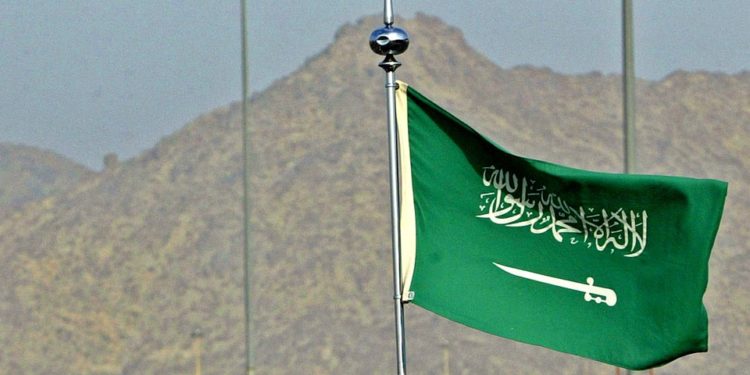
The catastrophic failure is chasing the foreign investment of the Saudi regime, including with German reports that it has revealed billions in the recent deal of the American electric car maker Tesla.
The Saudi sovereign wealth fund invests billions of dollars in companies with a future orientation, but it does all these mistakes that can be committed.
Tesla was known in the past to specialize in lithium-ion batteries used in electric trains, as it seeks to quantify electric cars, to reduce their cost to be affordable to the average consumer.
The Saudi regime kept only about 39,000 shares out of 8.2 million shares at the end of 2019, which was then 5% of the total value of the company.
It is true that Tesla shares are a subject of speculation in the American market and have been subjected to several fluctuations, but the Saudi sovereign fund has dispersed them in one go, “as someone who pours water in the sand.”
The Kingdom was among the five largest owners of the company’s shares, with a value of $3.2 billion at the time, when Crown Prince Mohammed bin Salman visited the United States in March 2018.
At the end of September 2019, the price of “Tesla” increased from $221 per share, reaching a peak of $887 before retreating to $735 now; which represents a loss of the Saudi Fund estimated at billions.
If he sold Tesla shares at the height of their rise at the end of last September, the total profit would reach about 5.5 billion euros, but if he sold them today after their recent relative decline, he would receive at least 4.2 billion euros.
The fund also made other investments as a hedge, as a guarantee to compensate for potential Tesla losses, investments that may have decreased in value today, which means that Riyadh may have incurred significant losses in the end.
Investing in future technology companies requires patience, composure, and a long breath, qualities that decision makers in the Saudi sovereign fund may be missing, according to the German “Deutsche Welle” agency.
This is not the first time in recent years that the Saudi sovereign fund has made wrong decisions. In 2018, Masayoshi Son, the manager of Japan’s SoftBank Group revealed how to persuade him to the Saudi crown prince, Mohammed bin Salman, to invest 45 billion euros in The Technology Vision Fund.
In a television interview on the American program “David Rubinstein” (Bloomberg TV), the broadcaster asked “Sun” how he managed to convince “Bin Salman” to invest $45 billion in one hour, so the last boycotted him, saying: “Saying one hour is not accurate, it took It only took me 45 minutes, and I convinced him of $45 billion.
However, the Japanese group announced in November 2019 that it incurred a quarterly loss of $7 billion, which casts doubts on the strategy adopted by the group, which invests in emerging technology companies that are rapidly exhausting cash to finance their growth.
In this regard, “Christoph Sackman” (German Focus website) wrote that “it is difficult to determine how this fund’s investments, and accordingly Saudi stocks, will grow in it, as its value depends only on financial injections from the private sector.”
Saudi sovereign investments must be understood in the context of Bin Salman’s “Vision 2030”, which seeks to diversify sources of income by building a modern economy independent of oil rents. The sovereign wealth fund is one of the tools to achieve this vision, provided that mistakes are corrected and not repeated.